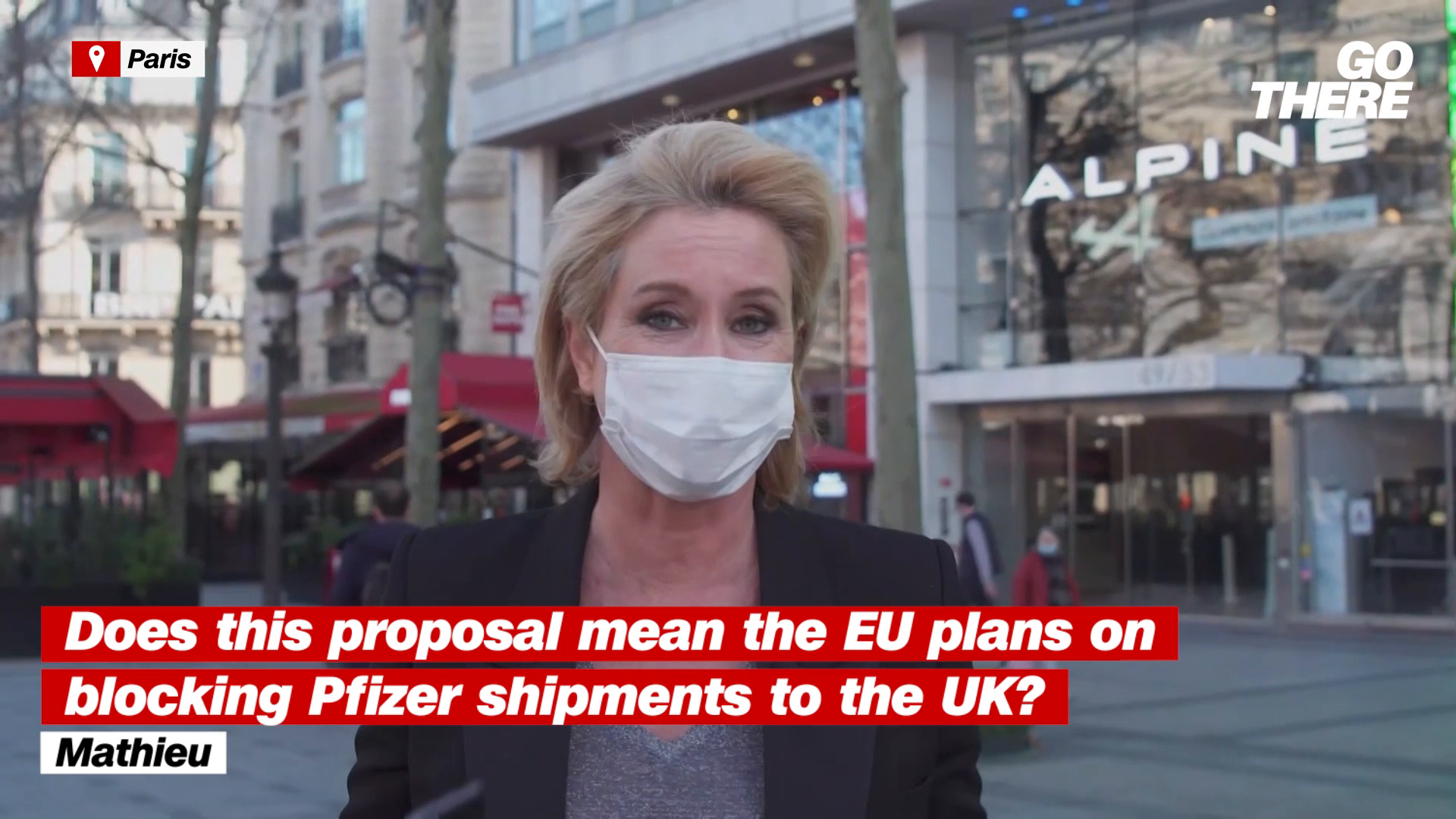

A senior European diplomat calls for caution about the use of the proposed new rules governing exports of Covid-19 vaccines outside the EU. The rules were announced by the European Commission earlier on Wednesday.
Tighter export controls proposed by the Commission would assess vaccine transfers based on the vaccination rate and vaccine exports from the country of destination.
In a briefing to reporters, the diplomat said that the EU and European countries must “pay attention even to the nuclear option of a pure export ban”. And if it is not used correctly in “appropriate situations, it will give back”.
“We are talking about – I would say – a pharmaceutical superpower, we have a huge concentration of pharmacological companies on our territory”, whose presence “counts for a few percent of our occupation, of GNP”, the diplomat explained.
“We are well aware of the interdependence of these supply chains and believe that using a tool to block exports could turn against us very quickly,” the diplomat said, adding that he feared he would expose us to clear retaliatory measures, breaching confidence and also diminished future opportunities for investment and trade. ”
The existing export mechanism – which focuses on pharmaceutical companies – has been in place since the end of January and requires each company producing the Covid-19 vaccine to register its intention to export doses outside the EU. European countries, in cooperation with the Commission, decide whether to approve or reject deliveries.
In figures released today by the Commission, more than 300 applications have been submitted, with 43 million vaccines being exported to 33 countries. A single shipment of 250,000 doses of AstraZeneca vaccine from Italy to Australia has been blocked.
The diplomat welcomed this “excellent by-product” of the current mechanism. “Of course we understand the need for greater transparency, we are behind the Commission in this regard,” he added, adding that “we now have a very clear vision of how export flows are organized.”
Asked why the extended legislation has been presented now, the diplomat said that they felt that “it is probably a sign of a certain nervousness that reigns” in some European counties.
“The Commission is not deaf to what is going on in the Member States, they hear cries for help or outrage and it is up to the Commission to reflect on that and put proposals on the table,” he added.
European leaders will meet on Thursday and Friday to discuss the proposal and the wider coronavirus crisis in Europe. If signed, the extended export mechanism “will apply for up to six weeks after its entry into force”, according to the Commission’s draft text.